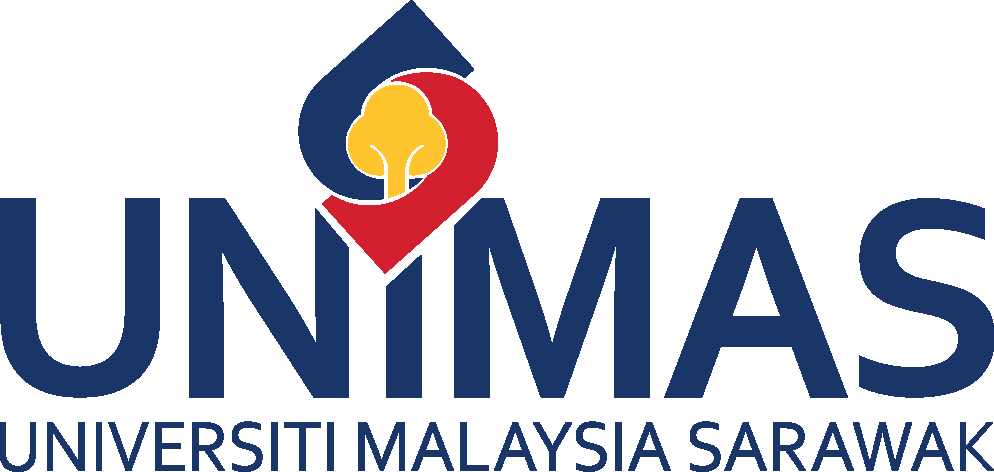List of Facilitators
This course aims to provide exposure to the students regarding committee service, to train them to work in a group as a team and to encourage them to get involved in community activities. At the end of this course, the students are expected to be able to conduct activities that can contribute to the general public especially the community that lives around UNIMAS campus and they can apply the skills that they have learned after attending this course.
Through this course student will be exposed to the concept of community service and community development. In addition to exposure to soft skills, students are also exposed to the knowledge of committee formation, meetings, project selection, project proposal papers, official affairs, personal appearance, group work, financial statements, and final project reports. Students are also taught to prepare a log book, poster presentation, and final project presentation related to the project that will be implemented in the specified place.
Credited Co-Curriculum Courses are divided into eight (8) cores which are Sports, Culture, Community Service, Efforts and Innovation. This course applies softskills through the participation of students in activities that are related to the Cores and Sub-Cores in their field of study which requires their skills. This course prioritises values, attitudes and professionalism, communication, leadership and teamwork. All the priorities that the course focuses on are hoped to produce students that are proactive, independent, responsible and have morals. Apart from that, students must have excellent work ethics and integrity. Softskills are adapted into this course through the students' knowledge and participation of activities either inside or outside campus grounds including organise special projects. The course in Volunteerism focuses on the (theoretical and practical) concept of volunteerism theoretically and practically especially towards the environment and community. Students will organise the activities along with the community or the NGO in preparing paperwork, organising the program, preparing reports, and presenting the program reports. At the end of the course, students will be (able to) evaluated based on their involvement, leadership, managing the program, the spirit of teamwork, increase awareness on the environment and the community and the spirit of volunteerism. Overall, seven (7) elements from the softskills has been applied.
This course emphasis on the development of the soft skills for students in handling adventure and outdoor project. This will be achieved when students are able to understand and relate the concepts of adventure and community service through the process of planning and negotiation skills. Students will prepare project working paper to achieve the course objectives. Next, students are expected to be able to apply creativity, teamwork and all soft skills, when carrying out adventure programs.
Basic Helping Skills is a foundational course to equip students with essential interpersonal and communication skills necessary for effective helping relationships. This course introduces core counseling techniques, including active listening, empathy, and effective questioning, to foster meaningful interactions in both personal and professional settings. Through interactive lectures, role-playing, and practical exercises, students will develop self-awareness, emotional intelligence, and the ability to support others ethically and responsibly. By the end of the course, students will be equipped with the confidence and competence to apply basic helping skills in various real-world contexts.
Basic Nursing Care course teaches university students essential home care skills, including caregiving tasks, health monitoring, infection control, emergency response, and medication assistance. It also focuses on communication, emotional support, and creating a safe home environment, preparing students to provide effective and compassionate care in non-medical settings.


